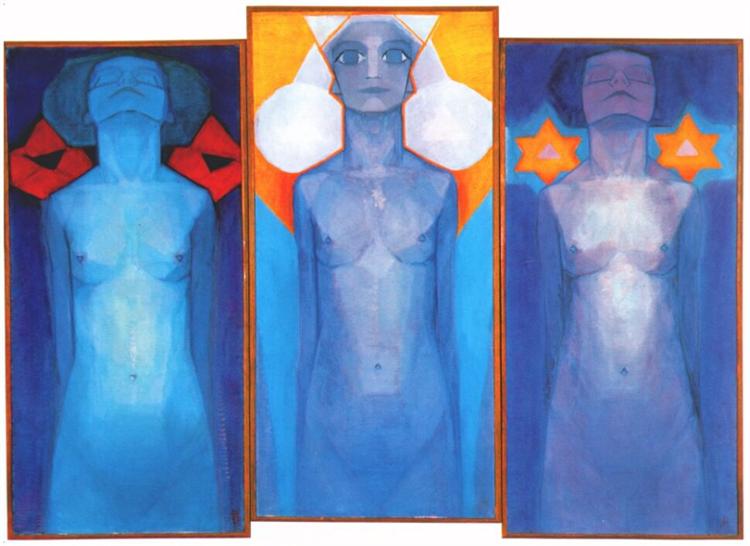THE BRAIN OF THE PLANET (8)
By:
September 28, 2023

Lilith Lorraine’s feminist utopian novelette The Brain of the Planet was published by David Lasser as a chapbook in Hugo Gernsback’s Science Fiction Series in 1929. HiLoBooks is pleased to serialize it here for HILOBROW’s readers.
ALL INSTALLMENTS: 1 | 2 | 3 | 4 | 5 | 6 | 7 | 8.
CHAPTER IV (cont.)
Note by the Writer: It is to be hoped that none of my readers will view this tale in any other light than that of fiction, in spite of the series of queer coincidences that served as its inspiration. Among these coincidences I might mention the well-known fact of Professor Maxwell’s disappearance in August, 1935, some four years before the establishment of the World-State. Everybody is of the opinion, however, that he secluded himself from the world because of the persecution to which he was subjected because of his radical ideas. It is also true that a recent exploring party discovered a twisted mass of machinery, whose function could not be deduced, in an isolated canyon in the State of Coahuila. An examination of the official records of that State show that a permit was issued by the Governor in August, 1935, to erect a broadcasting station for experimental purposes. The two Americans who secured this permit must have given false names, as they could not be traced.
Added to all this is the further coincidence that the material on which this story is based was found among the effects of Jerry Brand, a promising young inventor, who disappeared about the same time and reappeared many years later. His friends say that in spite of splendid public recognition of his merits he seemed lonely and strangely restless. He seemed possessed of a belated desire to find Prof. Maxwell, who, he said, had gone alone into the mountains of Mexico to investigate some old Indian tradition concerning an undying fire. He had a foolish idea, his friends said, that the man was calling him.
Despite all these rather startling coincidences, it is manifestly illogical to give credence to any tale which would attribute to any one intelligence plus a machine, the remarkable changes that began to take place since 1938. These changes were the natural and inevitable outcome of the collapse of an artificial economic system that had exploited its last field and had outlived its usefulness. While it is true that the changes were startling in their rapidity, coupled with a still more unexplainable change in human nature itself, there must be some psychological explanation. There seems to be a growing conviction, however, among brilliant psychologists and scientists that there was something out of the ordinary about the two cerebral epidemics, one of which occurred previous to and the other several years after the founding of the World-State. The latter wave of insanity, while shorter in its duration and less fatal than the preceding one, was a serious menace to the government in that it threatened to cause a reversal to the primitive institutions of 1930. My private opinion, however, is that it was nothing but the last stand of the old savage instincts against the new-born altruism of a liberated humanity. It would be strange, though, if some human instrument of that Divinity whose existence no sane man questions had really snatched us from the edge of the abyss in 1938, while we in our colossal egotism attributed all our achievements to ourselves. Perhaps it is true, after all, that many meet the gods but few salute them.
RADIUM AGE PROTO-SF: “Radium Age” is Josh Glenn’s name for the nascent sf genre’s c. 1900–1935 era, a period which saw the discovery of radioactivity, i.e., the revelation that matter itself is constantly in movement — a fitting metaphor for the first decades of the 20th century, during which old scientific, religious, political, and social certainties were shattered. More info here.
SERIALIZED BY HILOBOOKS: James Parker’s Cocky the Fox | Annalee Newitz’s “The Great Oxygen Race” | Matthew Battles’s “Imago” | & many more original and reissued novels and stories.
